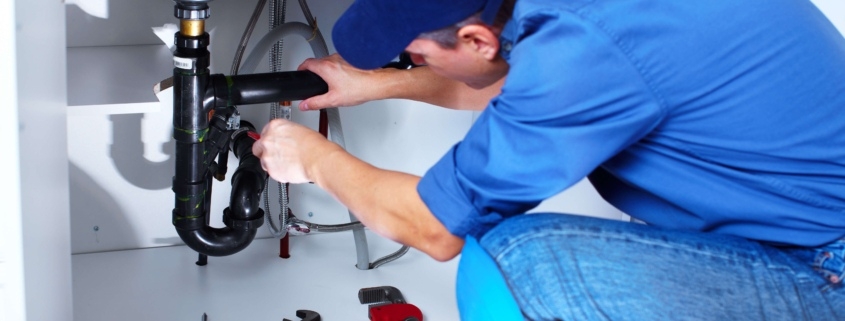Nobody desires to find themselves in a situation where they must contact an emergency plumber. Not only is having a plumbing issue expensive, but it can also be very inconvenient, cause harm to your house, and even be unpleasant. We respond to more plumbing crises than we should, and clients frequently ask us for advice on how to keep themselves out of a similar predicament in the future. It’s a good idea to read over this list and make sure you’re avoiding the five most common plumbing catastrophes if you know you’d feel the same way.
- Toilet That is Clogged
Few things catch a homeowner’s notice like a toilet that is clogged and has a potential of backing up. It’s disgusting, and your only true option when a plunger breaks is to contact a plumber. How then do you prevent it?
When you flush something down the toilet that doesn’t belong, it gets clogged. Small or low-flow toilets that might not even be able to manage some typical use are particularly problematic. Anything you don’t need to flush down the toilet, including sanitary items, baby diapers, and leftover food, should not be done. Next, if you frequently get blockages, you might think about purchasing a new toilet.
- Pipe Bursts
Burst pipes, which typically occur when a water supply line bursts entirely open and continues on its course, are the leaks that frequently inflict the most damage. To stop it, you must turn off the water in your house. After that, you’ll need an emergency plumber to fix the problem.
Keeping your plumbing in good shape will help you prevent burst pipes. Check to see whether your pipes are not too old, are not under excessive pressure, and do not have a partial obstruction that could develop into a complete blockage. Keep your house warm in cold weather to prevent pipe damage, and watch out for trees planted too close to the pipes since this can also lead to problems.
LOOKING FOR RESIDENTIAL PLUMBING IN ILLINOIS?
CALL NOW (847) 624-3872
- Blocked Tubs and Sinks
Even though minor blockages in sinks and tubs aren’t as dangerous as problems with the sewage, they can nevertheless turn into emergencies, particularly if they affect your single sink or tub. Not using a sink or tub for a while is frequently not an option for elderly people or little children. Therefore, plumbers on call will come out to assist you with these.
Trusting the plumber over the do-it-yourself solutions you find online is frequently the key to avoiding clogged sinks and bathtubs.
- Sewer Backups or Clogs
Frequently, the sewer-related odor is not to be tolerated by the weak-willed. Additionally, they have the potential to harm your house and cause water to back up into all of your fixtures. A plumber must act promptly to clear up sewer jams and backups.
How do you keep them at bay? Using the sewer properly is essential to preventing problems, much like with a clogged toilet. Nothing that doesn’t belong there should be poured into the drain. This includes hair from your shower and fats and greases. Additionally, avoid planting trees so close to sewers that their roots can encroach on them.
Despite this, sewage jams typically come from repeated usage or may even start in the city’s section of the line. Sometimes the backup and clog are simply beyond of your control. However, we are still able to assist.
- Sump pumps Failure
Sump pumps are a common feature in homes to prevent flooding or very heavy rain. Therefore, if your sump pump breaks down, you are likely also dealing with another emergency. Therefore, it is crucial to stay away from this one. Have your sump pump inspected by a plumber once a year to make sure it isn’t clogged or malfunctioning.
Uncertain as to whether what you’re doing could result in a plumbing emergency? To find out if you ought to alter what you’re doing, you can always get in touch with plumbers you trust. Despite the fact that our first response is typically “no,” you shouldn’t always disregard that. Most significant plumbing problems can also be avoided if you can, in most cases.
LOOKING FOR RESIDENTIAL PLUMBING IN ILLINOIS?





